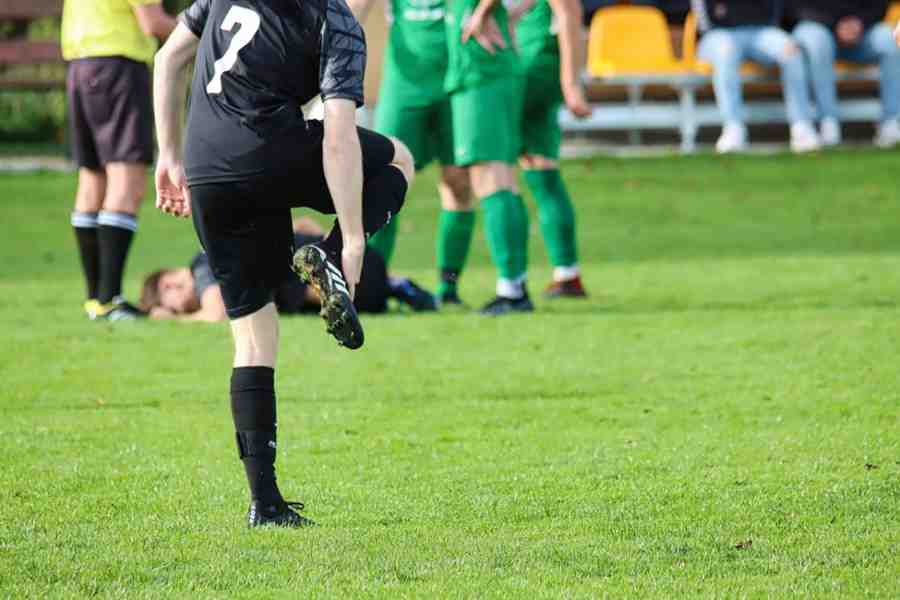Injuries, whether they occur due to accidents, workplace incidents, or medical negligence, can have long-lasting effects on your health, finances, and quality of life. If you’ve been injured, it’s essential to understand your rights and take steps to protect them. Knowing how to navigate the aftermath of an injury can be overwhelming, but being informed and proactive can help ensure that you are fully compensated for your damages. This post will guide you through the steps to protect your rights after an injury.
Understand the Importance of Legal Protection
After an injury, one of the most crucial steps is understanding your legal rights. Depending on the nature of the injury, you may be entitled to compensation for medical bills, lost wages, pain and suffering, and other damages. In some cases, you may need to file a personal injury claim, a workers’ compensation claim, or a lawsuit. Navigating these legal waters without the proper knowledge or guidance can result in forfeiting the compensation you deserve. That’s why hiring New Orleans Personal Injury Lawyers can make all the difference. A lawyer will help you understand your legal options and advocate for your rights, ensuring you get the best outcome possible.
Gather Evidence to Support Your Claim
One of the most important aspects of protecting your rights is gathering evidence that supports your injury claim. This evidence can include medical records, photographs of the injury, witness statements, police reports, and any other documentation related to the incident. Whether it’s a car accident, a slip-and-fall injury, or a workplace accident, the more evidence you can gather, the stronger your claim will be. This evidence not only helps establish the severity of your injury but also demonstrates the negligence of the responsible party. It’s critical to start collecting this evidence as soon as possible, as delays can make it more challenging to establish a clear link between the incident and your injury.
Seek Prompt Medical Attention
Seeking prompt medical attention is vital for both your health and your case. Delaying medical treatment can worsen your injury and raise questions about the legitimacy of your claim. When you visit a doctor or hospital, make sure to document everything, including the treatments you receive, diagnoses, and any follow-up care needed. These medical records will serve as a crucial piece of evidence in proving the extent of your injuries and their long-term effects. Furthermore, prompt medical attention can help ensure that you receive the best possible care, speeding up your recovery process.
Consider Your Emotional and Psychological Well-Being
Injuries don’t just affect your physical health; they can also take a toll on your emotional and psychological well-being. If you’re struggling with anxiety, depression, or post-traumatic stress as a result of your injury, it’s important to seek professional help. Documenting the emotional and psychological effects of your injury can strengthen your claim, as it helps show the full extent of your suffering. Additionally, addressing mental health concerns can improve your overall well-being and aid in your recovery process.
Dealing with an injury can be stressful, but taking the right steps to protect your rights will help you recover both physically and financially. By understanding your legal options, gathering evidence, seeking medical attention, and documenting your losses, you’ll be in a strong position to pursue compensation for your injuries. Don’t hesitate to seek professional legal advice and ensure that your rights are fully protected throughout the process.


